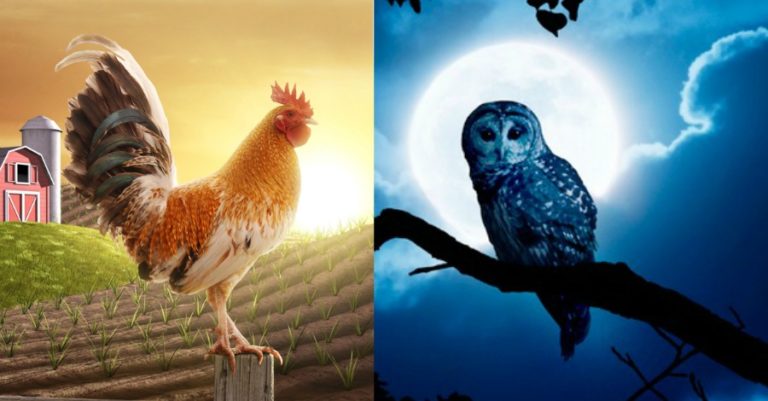Early Bird or Night Owl? Which one are you?
March 2, 2021
Do you wake up super early each morning or do you prefer sleeping in? Do you love staying up late or going to bed early? These are important decisions and become routine for many individuals. These time differences can easily make you either an early bird or a night owl. Which one are you?
People tend to create a routine for sleeping. These patterns have pros and cons. First, early birds, those who wake up in the early mornings, are usually more proactive and social. They still need lots of sleep. As onestudy.com stated, “Morning people anticipate problems and try to minimize them… They’re proactive. A number of studies have linked this trait, pro-activity, with better job performance, greater career success, and higher wages.” Another benefit is the tendency not to be overweight. “Researchers at Drexel University found that early birds have a lower body mass index (BMI) than night owls,” as inc.com has stated in their article titled, “11 Reasons Why Early Birds Are Exceptionally Successful.”
Second, night owls are usually up very late at night and wake up very late in the morning. The benefits of this are having more focus habits. As bidsketch.com reported, “Early birds ‘buckle under sleep pressure.’ Night owls continue to stay alert long into the night. When it comes to tasks requiring sustained attention, night owls reign supreme.” Other benefits night owls display are creativity and originality. According to thehealthy.com, “A study conducted by the Catholic University of the Sacred Heart in Milan showed that those with a penchant for staying up late, also exhibited the most creativity. The study participants ranged in age and were given an activity in which they were required to complete pictures composed with only straight and curved lines. Night owls passed the test with no problem, while those that considered themselves to be morning people struggled to achieve an average score.”
Some disadvantages for a night owl would be a risk of suffering from loneliness and self-imposed isolation, or adding to their risk of depression, according to bidsketch.com. Another disadvantage is weight gain or some sort of diabetes or even cancer, according to medicalnewstoday.com. “Research from 2017 also shows that night owls are more likely to receive a diagnosis of obesity, which is a significant risk factor for conditions such as diabetes and cancer.”
What do you think? Are you an early bird or a night owl?


